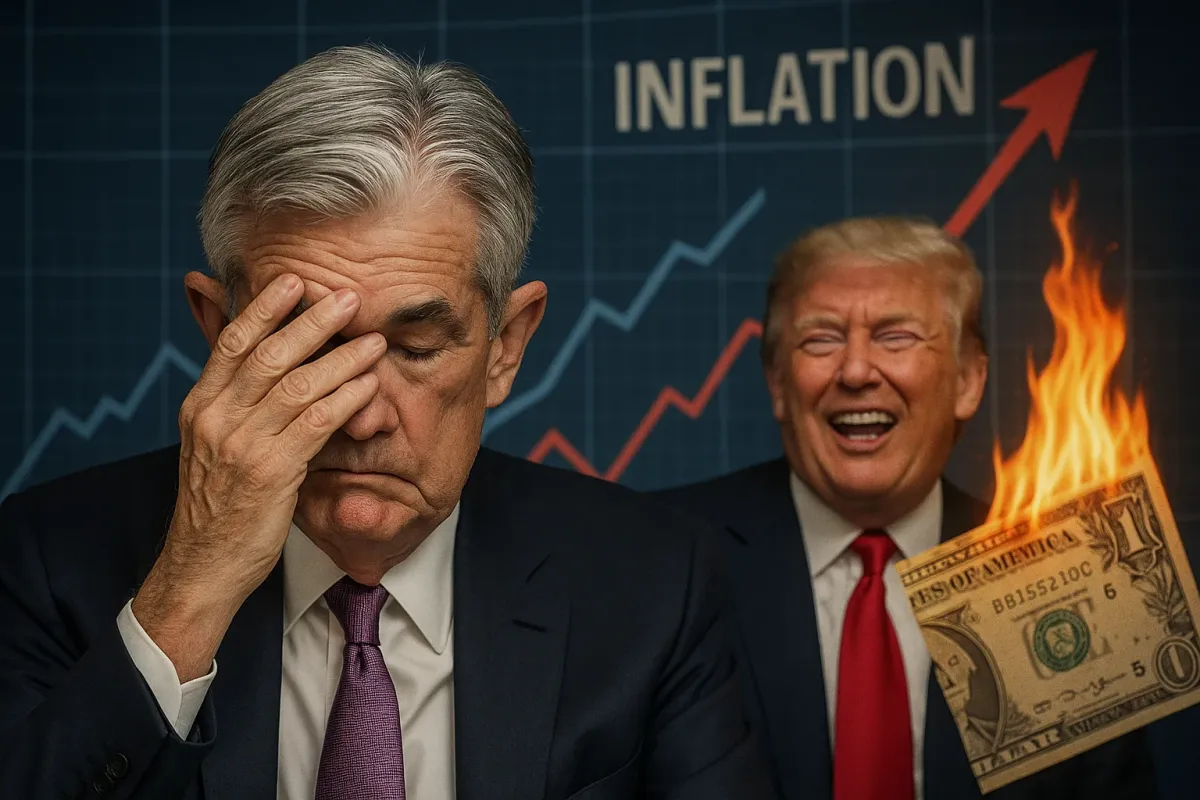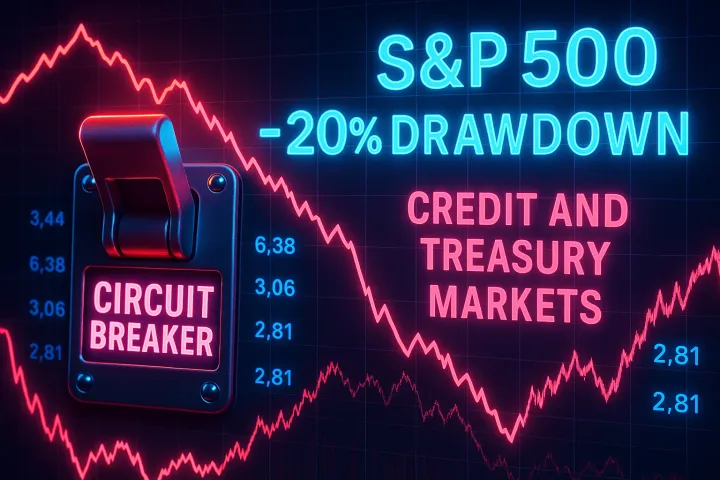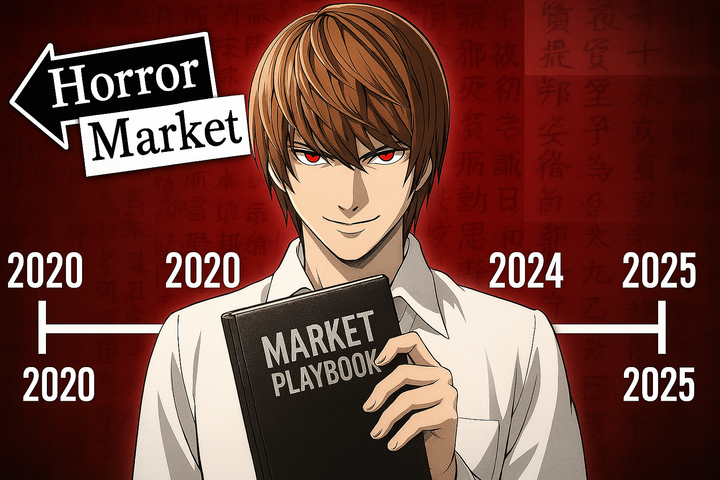Fed unwilling to mop up the consequences of Trump tariffs

Fed Chair Powell is playing the adult and reminding the public that tariffs aren't just headlines. Powell is flagging the obvious, yet overlooked by many. Tariffs are inflationary. They act like a tax on imports, driving up prices for consumers, which feeds into the CPI.
At the same time, they are also destructive because they increase costs for businesses, especially manufacturers, raise prices for consumers, and often lead to retaliation, which can also hurt U.S. exports.
Higher inflation → The Fed won't be willing to cut interest rates
Weaker growth → The Economy slows with a risk of sliding into a recession
Financial markets might want rate cuts, but Powell isn't willing to offset policy with monetary easing. It's a signal to Congress and the white house.
Don't assume the Fed will mop up the consequences of your tariffs.
Powell isn't just stating the mechanics but also framing the policy constraint. The U.S. is shifting towards economic nationalism, including tariffs, industrial policy, and reshoring. The fed isn't going to ease just because some wobbles, especially if inflation risks are self-inflicted.
.
Small note: I am testing something. Testing if reading retention is higher with smaller blog posts. Instead of 1 full article, split it into multiple blog posts
Art of the deal?
Meanwhile, Trump claims's big process on trade with Japan and a potential deal with the UK within 3 weeks shows the administration is aggressively pushing for bilateral trade arrangements, not multilateral deals.
With Japan, I can imagine agricultural access, auto parts, and defense industrial stuff. With the UK, the political logic might be simple. Post-Brexit is eager for deals and willing to align with Washington on China and trade rules.
How about Europe? Well, not so fast. Germany's economy is deeply tied to China, especially through its auto sector, industrial exports, and machinery. EU policy and its consensus-driven model make decisive pivots slow. Meanwhile, China is still seen as a potential growth engine that can't be ignored.
German and broader EU corporate interests are lobbying to give China a "second chance bro," which makes sense maybe commercially, but strategically, I am not so sure.
The hash irony here. Europe's export-led model is being gutted by both China's rise (e.g, cheap EVs wiping out German car margins) and Russia's trade war, which is reshaping EU defense and energy priorities.
Parts of the EU establishment still believe they can stay neutral or balanced, not realizing that the U.S. is shifting the global system into a hard binary.
YOU are either in the dollar + supply-chain bloc OR you're outside it
If Europe refuses to pick a side, it risks being nudged or forced into the China bloc by default, not by design. Europe does not necessarily want to join China, but its inability to adapt may leave it with nowhere else to turn.
The U.S could become adversarial to the EU on multiple fronts
- Energy access (think LNG restriction or sanction leakage)
- Financial access (swap lines, dollar clearing)
- Additional tariffs
If the U.S. cuts deals with Japan and the UK, and then offers a "deal for decoupling" to the EU and Europe, and they say no, it risks being left out of the new trade and financial order altogether.
Become a Premium member. Premium newsletters & Discord community access
Since Trump is imposing tariffs, here is the opposite - 50% discount forever on yearly subscription https://www.romanornr.io/reciprocal-tariffs
Join Discord to get the full value out of the newsletter. There's no extra cost associated with Discord. Yes, options data, such as dark pools, options gamma, unusual flow, etc., are also included.
Besides crypto, if you cashed out a lot or are planning, I highly recommend the "stocks" and "fixed-income" channel on Discord for long-term plays and wealth-building.
That's where the real money is made with actual long-term stress-free trades.


